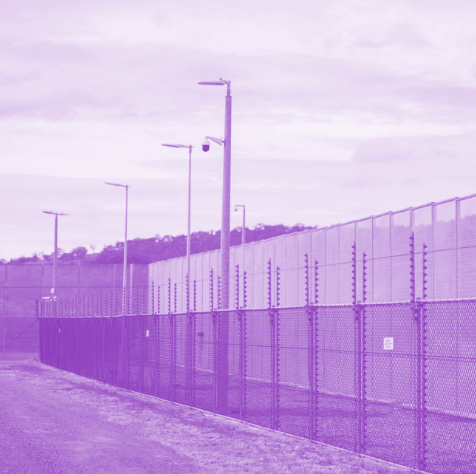Prison probe shows returns
 Experts have reviewed intergenerational incarceration in NSW.
Experts have reviewed intergenerational incarceration in NSW.
A recent report by the Australian Institute of Criminology has found that in New South Wales, one in six adults in prison and over half of young people in youth justice centres have had a parent who has also been imprisoned.
The report - Intergenerational incarceration in New South Wales: Characteristics of people in prison experiencing parental imprisonment - examined data from 1,132 adults in prison and 213 youth in youth justice centres from 2015, revealing that 76.8 per cent of adults who had at least one parent in prison reported that it was their father who had been incarcerated.
In comparison, 12.1 per cent reported their mother had been imprisoned, while 11.1 per cent had both parents in prison. Of the young people surveyed, 72.3% reported only their father had been imprisoned, 13.4 per cent said only their mother had been imprisoned, and 14.3 per cent had both parents imprisoned.
The report also found that Aboriginal people were more likely to report a parent had been imprisoned. Adults were two and a half times more likely and youth were twice as likely compared to non-Aboriginal people.
The report highlights the need for interventions to support parents in prison and at-risk children whose parents are incarcerated.
It also calls for programs to support children with parents in prison or at risk of imprisonment and for culturally safe programs developed in partnership with Aboriginal communities.
The report further emphasises the need for mothers who are incarcerated to receive support in their mothering roles to provide the necessary care to their children.
The findings of the report coincide with the Queensland government's announcement of new laws allowing children to be charged with criminal offences for breaching bail conditions, sparking concern among child welfare organisations.
Save the Children has criticised the move, saying it lacked meaningful community consultation, while Mena Waller, Queensland state director of Save the Children’s 54 Reasons advocacy arm, warned that jailing more children would exacerbate the situation.
She called for adequate investment in early intervention services that are trauma-informed and engage with and strengthen families while using effective diversionary approaches to find alternatives to detention.







 Print
Print